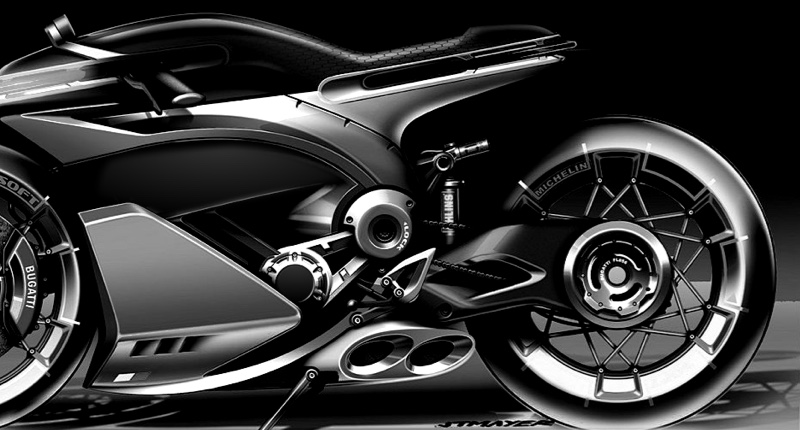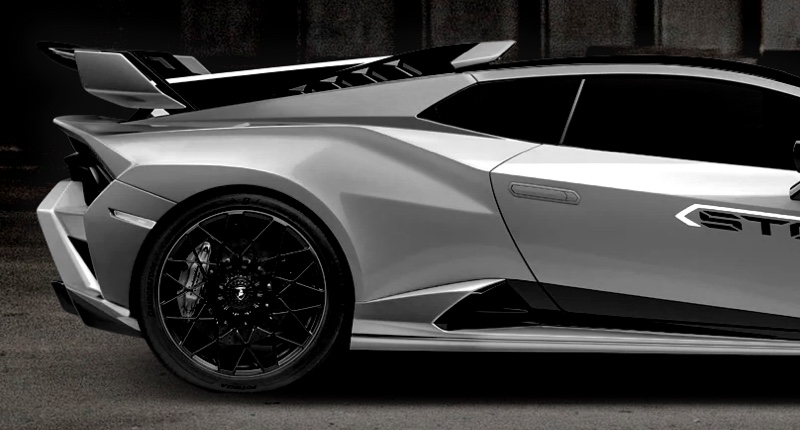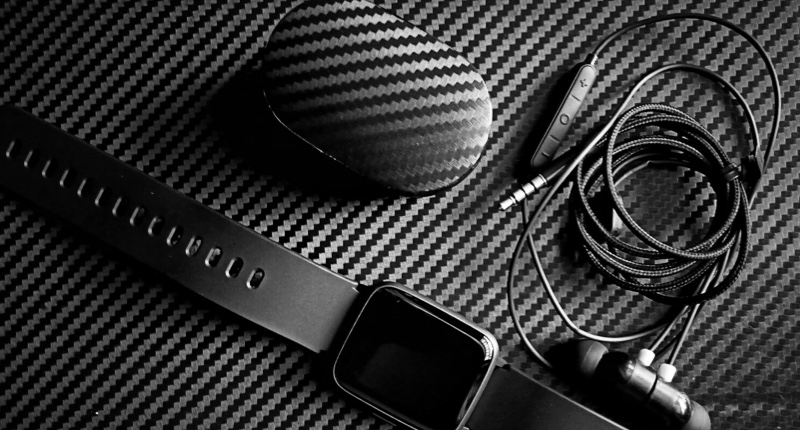Where can I buy custom carbon fiber car parts near me? | Insights by Supreem Carbon
- Where to Buy Custom Carbon Fiber Car Parts Near Me? — A Practical Buyer’s Guide
- 1. Where should I look locally and online to find reputable custom carbon fiber suppliers?
- 2. How do I evaluate the quality of carbon fiber parts and the supplier’s processes?
- 3. What are typical lead times and price ranges for custom carbon fiber car parts?
- 4. What certifications, tests, and documentation should I ask a supplier to provide?
- 5. Should I buy pre-made aftermarket parts or commission custom-made pieces?
- 6. What installation, safety, and legal considerations should I keep in mind?
- 7. What are the common maintenance and repair expectations for carbon fiber car parts?
- 8. How do I vet a supplier quickly to avoid low-quality or unsafe parts?
- Conclusion — Why choose Supreem Carbon?
Where to Buy Custom Carbon Fiber Car Parts Near Me? — A Practical Buyer’s Guide
If you’re searching for “Where can I buy custom carbon fiber car parts near me?”, this guide summarizes the most common questions buyers ask and gives practical, industry-grounded answers so you can make confident purchasing decisions. Below are the top concerns and how to address them when sourcing carbon fiber automotive parts.
1. Where should I look locally and online to find reputable custom carbon fiber suppliers?
Search locally and online using a mix of these channels:
- Local composite or fiberglass shops that offer carbon fiber services; many accept custom work and small runs.
- Automotive performance shops and body shops that partner with composite fabricators for hoods, bumpers, and aero parts.
- Specialized carbon fiber manufacturers listed in Google Maps, Yelp, or local business directories—filter by reviews and photos of past work.
- Industry marketplaces and B2B directories for composites. For one-off or prototype parts, reach out to vendors that advertise prototyping, CNC tooling, or vacuum-bag/autoclave capabilities.
- Online aftermarket vendors and forums—use these to find manufacturers and installers near you, but verify quality independently (don’t buy by photos alone).
2. How do I evaluate the quality of carbon fiber parts and the supplier’s processes?
Key quality indicators to check with any supplier:
- Materials specified: type of carbon fiber (e.g., common automotive fibers include TORAY T700, T800 grades), weave (3K, 6K, 12K), and resin system (epoxy is common for higher strength; polyester is lower cost).
- Manufacturing method: prepreg + autoclave (high quality, low void content, best for structural parts), resin transfer molding (RTM) for repeatable parts, or wet layup (lower cost, common for cosmetic parts).
- Curing and finishing: autoclave curing or oven cure, vacuum bagging, post-cure inspection, gelcoat/clearcoat consistency, and edge finishing.
- Records and testing: ask for process records, layup schedule, and sample test results (tensile/flexural test reports or void-content measurements) where applicable.
- Photos and references: detailed photos of manufacturing (tooling, bagging, autoclave) and customer references with similar parts.
3. What are typical lead times and price ranges for custom carbon fiber car parts?
Lead time and cost depend strongly on complexity, materials, and process:
- Simple cosmetic pieces (mirror caps, trim) from wet-layup shops: lead times of 1–3 weeks; costs are comparatively low (hundreds of dollars), depending on finish and shipping.
- One-off or small-run prepreg/autoclave parts (hoods, fenders, trunk lids) typically require tooling and can take 4–12+ weeks. Costs vary widely—hundreds to several thousand dollars—driven by prepreg material and autoclave time.
- High-end structural carbon wheels or fully engineered aerodynamic components can take months and cost thousands to tens of thousands of dollars per item or set.
Always request a written quote and a schedule that lists tooling, layup, curing, finishing, and shipping milestones.
4. What certifications, tests, and documentation should I ask a supplier to provide?
For automotive carbon parts, ask for:
- Quality management certification (e.g., ISO 9001 or IATF 16949 if the supplier serves OEMs)—these demonstrate documented quality systems.
- Material certificates of conformance (COC) for fiber and resin batches so you know exactly what was used.
- Manufacturing process documents: layup schedule, cure profile, and tooling drawings.
- Testing data where relevant: tensile or flexural test reports (ASTM methods are commonly used), NDT/ultrasound inspection results for structural parts, and void content measurements.
- Warranty and liability terms—especially important if the part is structural or affects safety.
5. Should I buy pre-made aftermarket parts or commission custom-made pieces?
Consider your priorities:
- Pre-made aftermarket parts: good for lower cost and shorter lead time, but vary greatly in quality; often cosmetic rather than structural.
- Custom-made parts: required when you need precise fitment, unique geometry, integrated mounts, or structural-grade components. They offer better quality control but cost more and take longer due to tooling and validation.
- Hybrid approach: have a reputable supplier modify a high-quality aftermarket part for fitment or reinforcement to save time while ensuring better performance.
6. What installation, safety, and legal considerations should I keep in mind?
Installation and safety tips:
- Structural parts (e.g., hoods with integrated latch supports, chassis elements) should be validated by an experienced fabricator and typically require professional installation to maintain safety features.
- Use OEM mounting points or engineered adapters; avoid cutting or modifying structural anchors without engineering review.
- Confirm that the part does not interfere with crash-safety systems, pedestrian safety, or local vehicle modification laws—some jurisdictions have regulations on front-end modifications and lighting placements.
- Warranty and insurance: check whether your vehicle warranty or insurance is affected by aftermarket carbon parts and keep documentation of professional installation.
7. What are the common maintenance and repair expectations for carbon fiber car parts?
Care and maintenance recommendations:
- Wash gently with pH-neutral soap and soft cloths; avoid abrasive pads that can damage clearcoat or exposed weave.
- Use UV-protected clearcoats or periodic UV-safe polish to prevent yellowing or resin degradation if the part has exposed epoxy finish.
- Small scratches or delamination require a composites specialist—do not attempt structural repairs yourself unless experienced. Cosmetic clearcoat chips can often be repaired by color-matching and buffing.
- Inspect mounts and bonded joints regularly for cracks or loosening, especially after track use or impacts.
8. How do I vet a supplier quickly to avoid low-quality or unsafe parts?
Quick vetting checklist before committing:
- Ask for detailed photos of previous work, process photos (layup, bagging, curing), and at least two customer references for similar parts.
- Request material COCs and a written description of the manufacturing process (prepreg vs wet layup, cure method).
- Check business credentials, reviews, and whether they offer warranty/return policies.
- Request a small sample or test coupon if possible to inspect fiber orientation, resin quality, and finish before large production.
- Prefer suppliers who explain engineering trade-offs (weight vs stiffness vs cost) and can provide engineering drawings or finite-element-analysis (FEA) support for structural components.
Conclusion — Why choose Supreem Carbon?
Supreem Carbon stands out for buyers seeking reliable custom carbon fiber automotive components because it focuses on transparent communication, uses industry-appropriate materials and processes, offers tailored engineering support for fit and function, and provides clear documentation and customer support across design, production, and installation stages. For buyers who want a single partner offering design iteration, production capability, and post-sale assistance, Supreem Carbon provides an end-to-end experience designed to reduce risk and ensure parts meet both aesthetic and functional expectations.

Aprilia Tuono V4 2021 new arrivals.

How Long Does Carbon Fiber Last? Unveiling the Durability of a Tech Marvel

New arrivals---Carbon Fiber Slam Panel Replacement for BMW M3 M4

Ultimate Guide to Custom Carbon Fiber Car Parts (Performance, Process & Buying Tips)

Supreem Carbon Auto parts new arrivals!

How Long Do Carbon Fiber Parts Last? | Supreem Carbon
For Products
Which carbon fiber material you can provide in production?
1*1 plain /2*2 twill / forged carbon / honeycomb / kevlar and so on.
For Facotry
Supreem carbon main competitive advantages.
Rich experience
Over 10 years production experience in carbon fiber industry, providing customers with high quality carbon products.
Excellent service
From new project development to customer finished product delivery, we provide customers with full tracking and timely feedback on project progress.
High-Quality Products
Our carbon fiber products undergo rigorous quality control to ensure customers achieve the high quality and cost-effective product.
For After-sales Service
Do you offer a warranty?
Six month standard warranty on all products. Damage due to installation error or natural elements will not be covered.
How can I cancel the order?
We may only cancel your order if it has not been fulfilled yet. We would be more than happy to assist you with any adjustments if you'd wish instead!
For Order Delivery
What is the shipping time for the different ways?
Express delivery 5-7 days.
20-25 days by sea.
15 days by air.

Kawasaki ZX10R Carbon Fiber Upper Tank Airbox Cover

Ducati Panigale V4 Carbon Fiber Belly Pan Custom

BMW S1000RR S1000R Carbon Fiber Front Fender
The Supreem Carbon Front Fender for BMW S1000RR and S1000R is engineered for durability, precision fitment, and high-performance applications. Manufactured using premium-grade carbon fiber, this fender provides exceptional rigidity, reduced weight, and enhanced aerodynamics—making it suitable for performance upgrades, aftermarket tuning, and professional customization projects.

Yamaha MT10 Carbon Fiber Exhaust cover
Let’s Bring Your Carbon Fiber Ideas to Life
Have a question or inquiry about our carbon fiber composite products? Leave us a message here, and our team will get back to you promptly.
Whether you're interested in custom orders, technical specifications, or partnership opportunities, we're here to assist you.
Please fill out the fields above with your name, email address, and message.
© 2024 Supreem Carbon All Rights Reserved.





Facebook
Pinterest
LinkedIn
Instagram